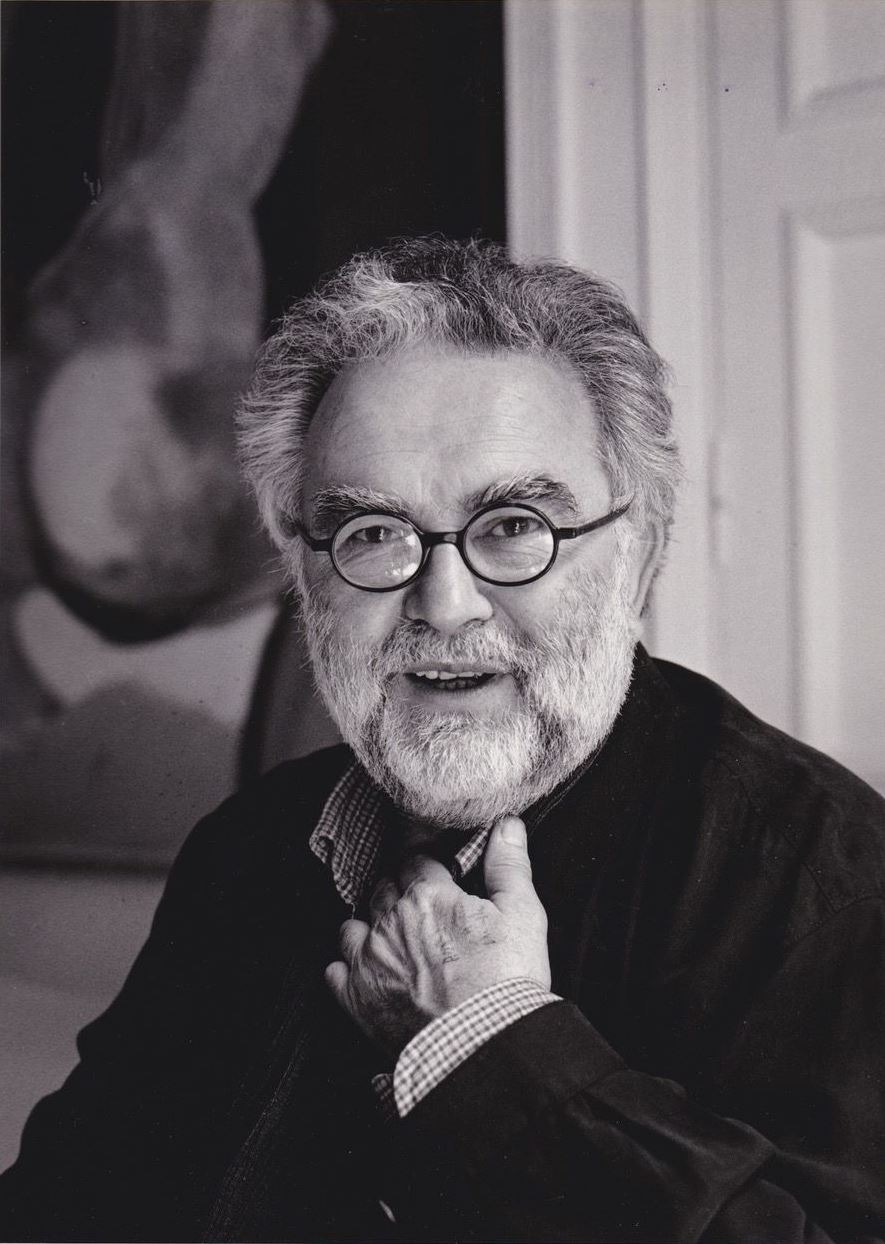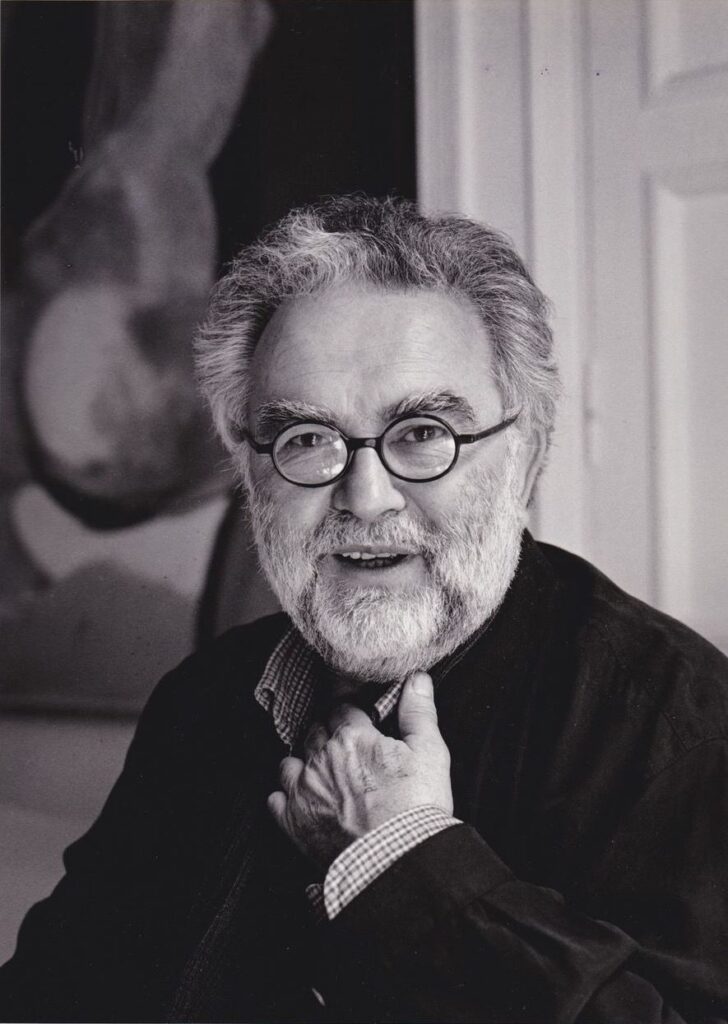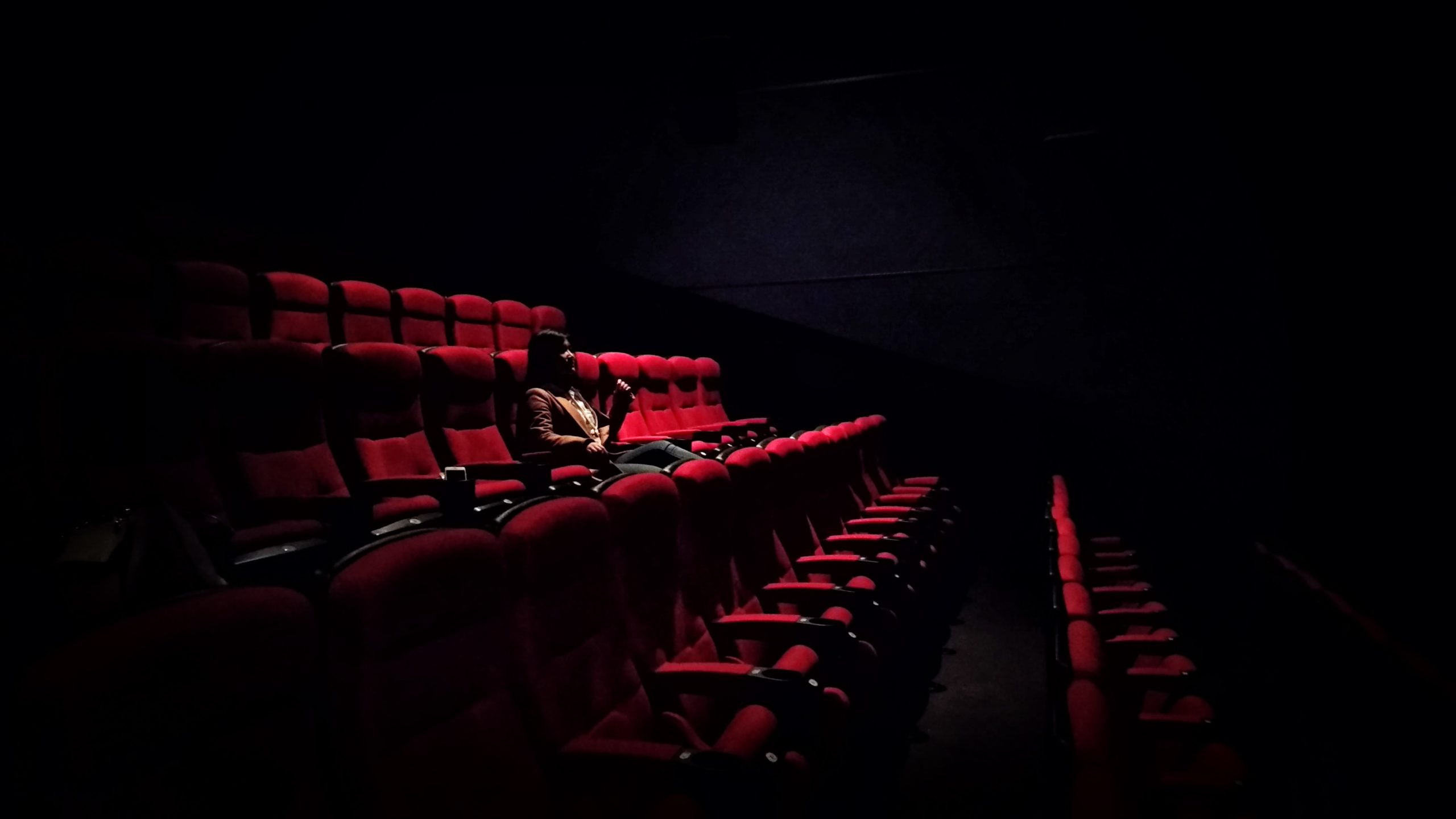
Georges Banu | Romanian and French critic passes (1943-2023)

Dear IATC Friends Throughout the Globe,
It is my sad task to notify you that the great Romanian and French critic, Georges Banu, has passed from this life at the age of 79 after battling a grievous illness. Our Honorary President was one of the truly great minds of global theatre in this or any generation.
His publisher, Françoise Nyssen, was quoted on Sceneweb.fr as saying, “It is one of the great memories of the theater that is disappearing.” The Romanian Cultural Institute in Paris noted, “His knowledge of the European and world scene, his erudition and his colorful words have made him a particularly enlightened spectator and a highly appreciated writer.”
For generations of theatre critics affiliated with the International Association of Theatre Critics, Banu was a thoughtful, incisive mentor who inspired new ways of thinking about theatre even as he brought attention to artists that might otherwise have been overlooked.
Born in Romania in 1943, Georges Banu was Professor Emeritus of Theatre Studies at Sorbonne Nouvelle (Paris II) and general editor of the series Le Temps du Théâtre published by Actes Sud. He published many important works on European directors, especially on Peter Brook, Michael Grüber, Giorgio Strehler, Antoine Vitez and Ariane Mnouchkine. He wrote a trilogy about theatre and painting, Le Rideau (1997), L’Homme de dos (2000) and Nocturnes (2005), and a series of books comprising La Nuit (2004), L’Oubli (2005) and Le Repos (2009). His most renowned works include Le Rouge et l’Or, une poétique du théâtre à l’italienne (1989), Notre théâtre – la Cerisaie (1999), L’Acteur qui ne revient pas (1986), La scène surveillée, miniatures théoriques (2008), Amour et désamour du théâtre (2013) and the anthology Shakespeare, le monde est une scène (2009). He also published L’Enfant qui meurt (2010), Les Voyages du comédien (2012), and recently, L’Inaccompli ou le défi du théâtre (2016), Tchekhov (2016), and Les Récits d’Horatio. Portraits et aveux des maîtres du théâtre européen (2021).
On three occasions, Banu won awards for Best French Book on Theatre. His texts have been translated into Italian, German, Spanish, Russian, Romanian, Hungarian, Slovakian and Polish. He directed two films (about Shakespeare and about Chekhov). He edited Théâtre et opéra: une mémoire imaginaire (1990), Le Théâtre testamentaire (1991), Le Théâtre de la nature (1992), L’Est désorienté (2000), Le Corps travesti (2007) and Extérieur cinéma (2009). He collaborated with directors Luc Bondy, Yanis Kokkos, Krzysztof Warlikowski and Patrice Chéreau, and Thomas Ostermeier and Krystian Lupa on their productions performed in France. He received honorary doctorates from several European universities. In 2014, the French Academy granted him the Grand Prix de la Francophonie.
Banu was the author of notes that provided Grotowski the basis for writing the first version of Performer. His publications also include the essay on the friendship of Jerzy Grotowski and Peter Brook. Together with Grzegorz Ziółkowski, he edited a selection of texts by Peter Brook, Teatr jest tylko formą. O Jerzym Grotowskim (2007; With Grotowski: Theatre Is Just a Form, 2009). The Polish Ministry of Culture and National Heritage has honored him with the Gloria Artis Medal for Merit to Culture.
Georges Banu’s extraordinary capacity for work, for thought, and for analysis raised theatre criticism to a kind of art form and lifted the study of the human experience to new heights. We are unlikely to see someone pass our way and deliver such a deep cultural impact.
We offer our deepest sympathy and condolences to his widow, Monique Borie, and to his many friends, students, and colleagues. May his memory be a blessing to us all.
– by Jeffrey Eric Jenkins, President, International Association of Theatre Critics (AICT-IATC). Published January 21, 2023 on the AICT-IATC website.





Sorry, the comment form is closed at this time.